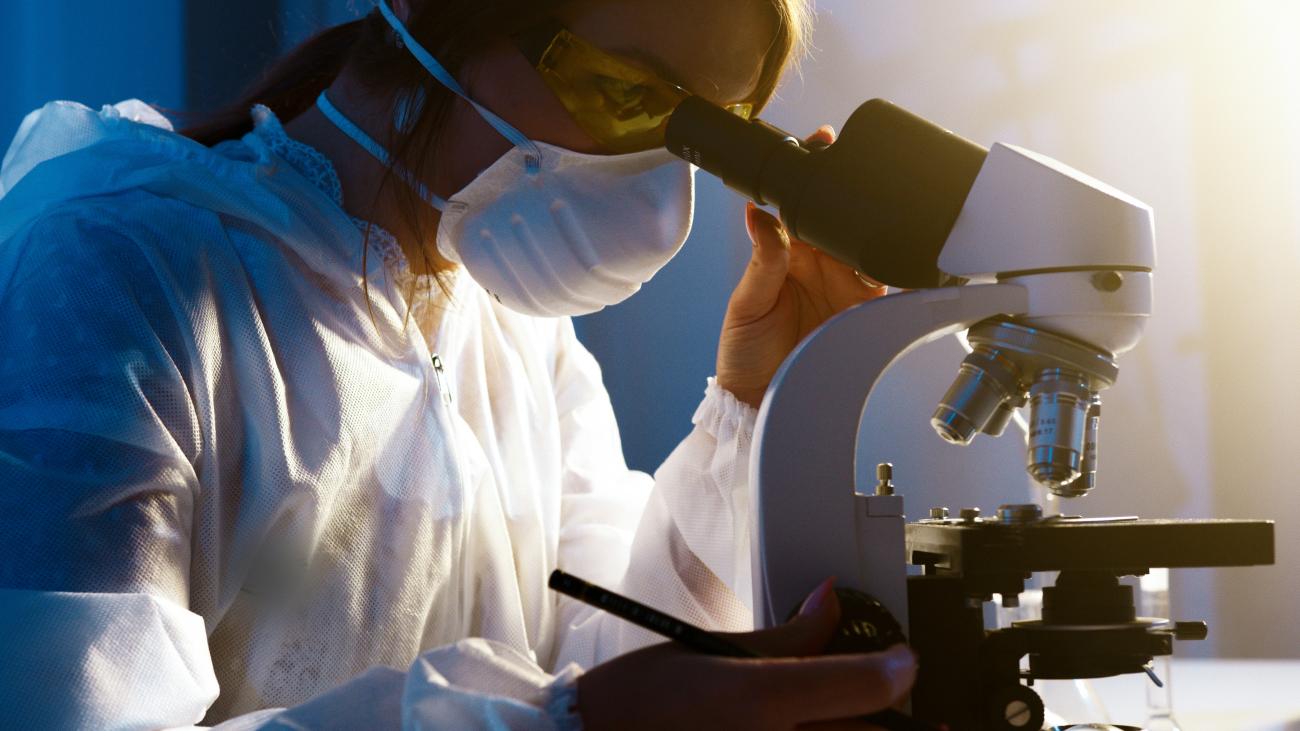Database providing access to the High Technology Network's industrial research offering: research competences, type of analyses and tests available at the Laboratories. Companies can consult the Catalogue to find Laboratories and researchers that match their needs.
Competence
Biodistribution analysis
Ceramics or ibrid implantable formulations for controlled release of drugs
Characterization of microbial components, vegetal and animal species
Characterization of products of microbial origin: biomass, metabolites, natural antibiotics. Conversion and transformation processes of food an by-products
Characterization of the composition of food products
Combined stabilization strategies to enhance shelf-life and food safety
Consumer science
Conventional and controlled release oral dosage forms
Dermatopharmacokinetics (in vivo accumulation) of transdermal drug delivery systems
Design, scale-up end industrial production
Effects of packaging on the evolution of food microbial population
Evaluation of typicality by flavour analysis, markers of authenticity and chemometrics
Filling of the Common Tecnical Document (CTD) relative to the Quality part
Formulation for inhalation
Ibtrid implantable formulation stimuli responsive
In vitro deposition and drug release and stability of inhalatory formulations
In vitro drug release of nanoparticles and complex scaffolds
In vitro evaluation of the cell response to drug delivery systems
In vitro permeation od transdermal drug delivery systems
Injectable formulations based on magnetical, biocompatible and bioresorbable nanoparticles for remote activation on demand
Innovative strategies for microbial control: the use of natural antimicrobials and thermal treatments
Interaction between food microorganisms and gut microbiota
Marker identification for the instrumental detection of desired or undesired microflora: set up of markers or indicators
Mechanical evaluation (elasticity; adhesion in vitro/in vivo) of transdermal drug delivery systems
Methods to increase functional molecules and decrease undesired contaminants in local food
Microbial analysis, challenge tests, instrumental analyses
Microbial response to environmental stress: optimization of microbial performance
Microbial strain selection for food production: enzymatic, physiological, and genetic characterization
Microbial strain selection: technological characterization
Microbiological activity in food: risk analysis
Modification of technological processese to improve quality of local products
Modulation of microbial growth and shelf-life evaluation as a function of formulation and storage condition
Molecular analyses for the identification of pathogens and spoilage microorganisms and the evaluation of their impact on final product,
Molecular traceability and chemometrics to define food quality and tipicality
Optimization of traditional stabilizing treatment to improve food quality
Otpimization of fermentation conditions: traceability and authenticity of typical or brand fermented food products
Panel test evaluation and sensorial analysis of local food
Physical, chemical, sensorial and microbial characteristics of traditional foods
Predictive microbiology for shelf-life prevision, for food safety and for innovative products.
Preformulation and formulation studies

